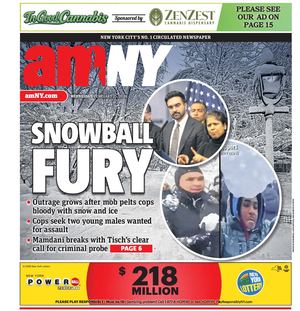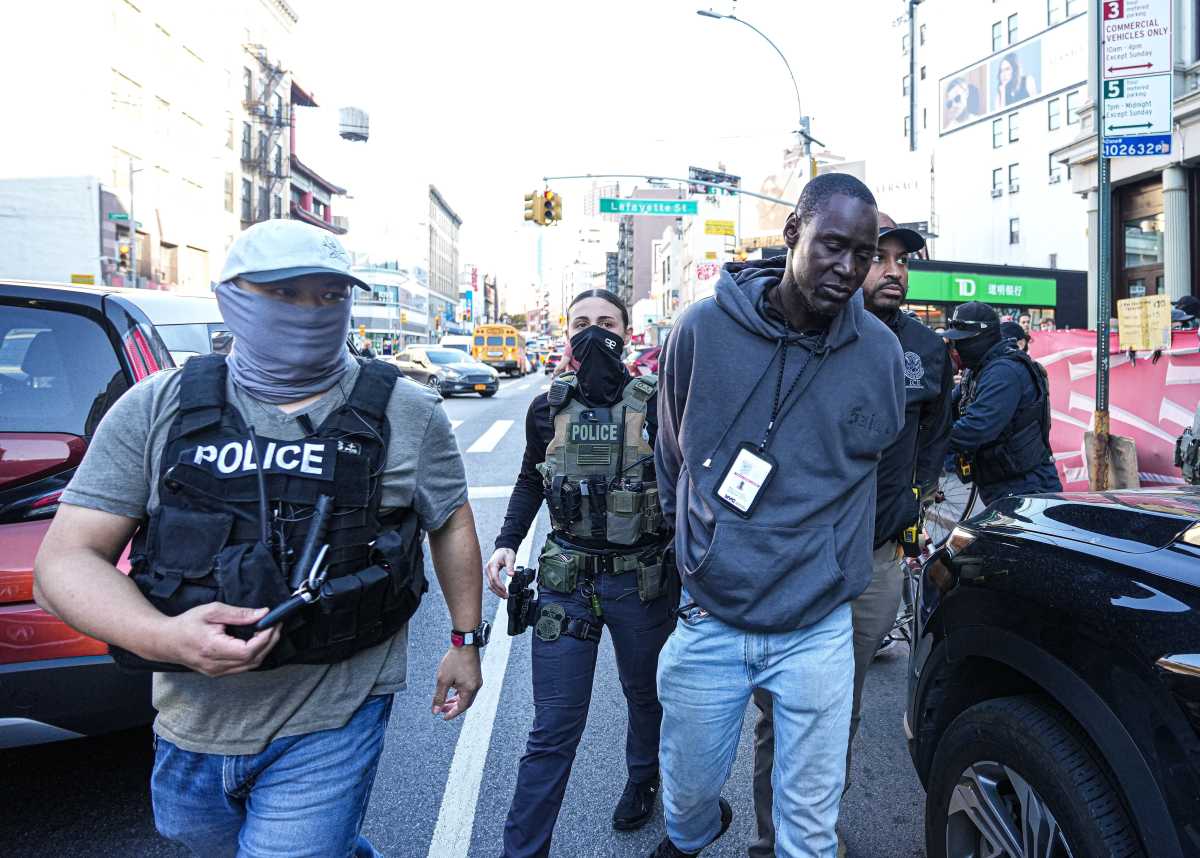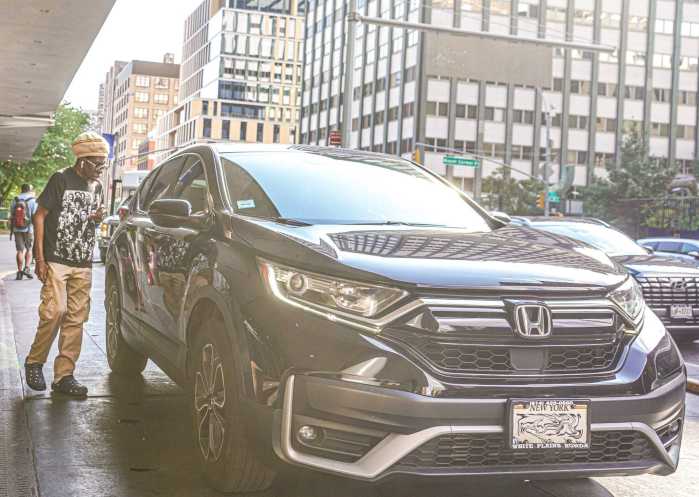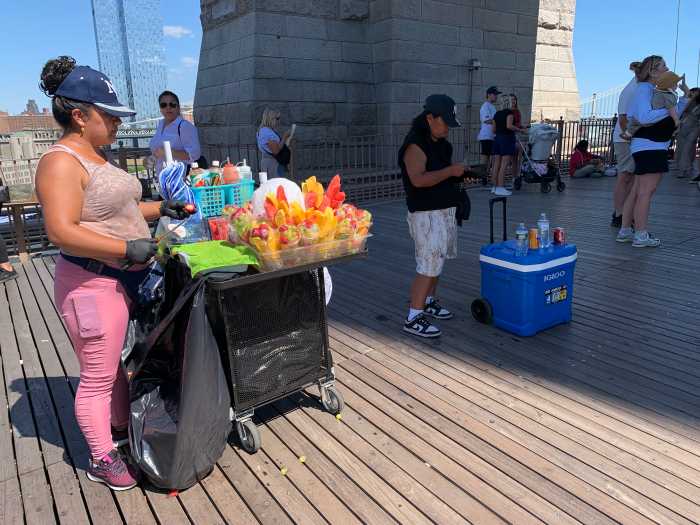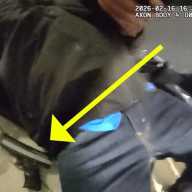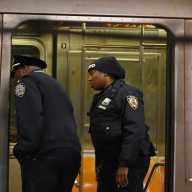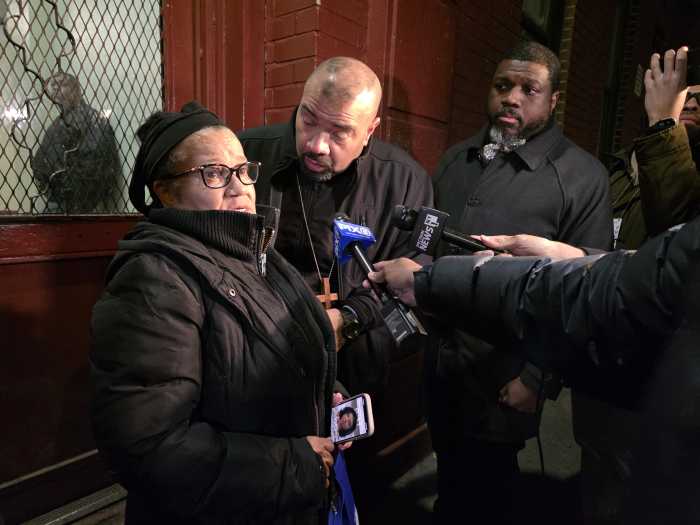Illegal street vending must not be permitted in New York City, but it’s the job of the federal government to stop the flow of counterfeit goods into the United States — not to round up vendors on the streets of New York.
The issue of illegal street vendors in the Big Apple dates back years, and the NYPD has occasionally raided dealers peddling counterfeit goods. Yet in Chinatown last week, ICE exploited the regularity of the problem to advance its ruthless crackdown, and it is not unfair to say that the operation might not have happened had City Hall done more to stop illegal vending.
The federal government can focus on how illegal counterfeit goods, being sold through black market operations, and stop the flow of these items from entering the United States. However, the city should be solely responsible for regulating street vendors.
City Hall has struggled to change the status quo. An annual street vendor permit cap, which has been in existence for decades, shuts out hundreds of applicants every year. Many of the denied go on to sell without a permit anyway; others spend tens of thousands of dollars in agreements with permit-holders to rent their license, for which the city charges the applicant just $200.
The City Council overrode Mayor Eric Adams’ veto earlier this year of a legislative package aimed at better protecting street vendors from criminal prosecution and reforming wages. The laws, however, do little to protect vendors from potential deportation by the federal government, and reforming wages does not address the greater problem of unpermitted vending in Chinatown, in Ridgewood’s Myrtle-Wyckoff Avenues Plaza, and other hubs across the city.
And the effort to reform street vending also does not address the long-standing conflict between curbside vendors who pay minimal operating expenses and traditional brick-and-mortar shops and restaurants whose overhead costs in rent, labor and utilities are exorbitant.
City Hall has to step up now and pass real street vending reform that addresses all of these issues to put a stop to illegal sales and deny ICE agents one excuse to launch a crackdown.
The street vending permit process needs to be revised to reduce or eliminate the permit backlog altogether. Strict guidelines for what permitted vendors can and cannot sell (for example, no counterfeit designer products) and where they can operate must be adopted to avoid conflict with similar brick-and-mortar businesses.
The city must also properly staff its agencies to conduct routine inspections of vendors, ensuring full compliance with the law and shutting down those who violate it.
Street vending has been a part of the city’s economy for generations. It need not disappear into the history books. But it can and must be made legal and safe for all.
